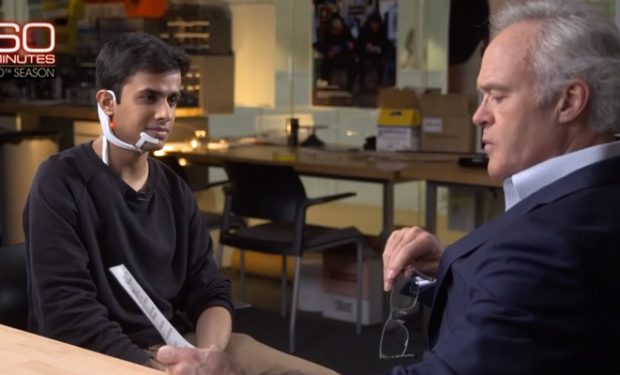Scott Pelley of 60 Minutes goes inside MIT’s “Future Factory.” Pelley reports it’s a place “where crazy ideas become reality” including Dream Control and robotic prosthetics, among other innovations. Pelley interviews MIT’s Nicholas Negroponte who co-founded the Media Lab in 1985. Negroponte offers soundbites like “The best way to predict the future is to invent it.” Pelley also interviews Professor Pattie Maes who ran the Media Lab’s graduate program’s student admission for more than 10 years. She tells Pelley students are admitted into the Media Lab program not based on if their ideas seem feasible. “Actually, the crazier the better,” says Maes.

Professor Hugh Herr (who leads a prosthetics lab at the Media Lab) agrees that crazy ideas, as well as collaboration can be the key to creativity. How much does it cost to attend MIT’s Media Lab? “All graduate students are currently fully supported” — which means tuition is waived. Not only that, students’ medical insurance is covered, and they receive a monthly stipend. (In 2015, it was $2575/month.) How is that possible? The Media Lab’s primary funding comes from corporate sponsorship. Companies sponsoring the Lab can reportedly share in the Lab’s intellectual property without paying license fees or royalties. On average, 20 new patents are generated each academic year. 60 Minutes airs Sundays at 7pm on CBS.
